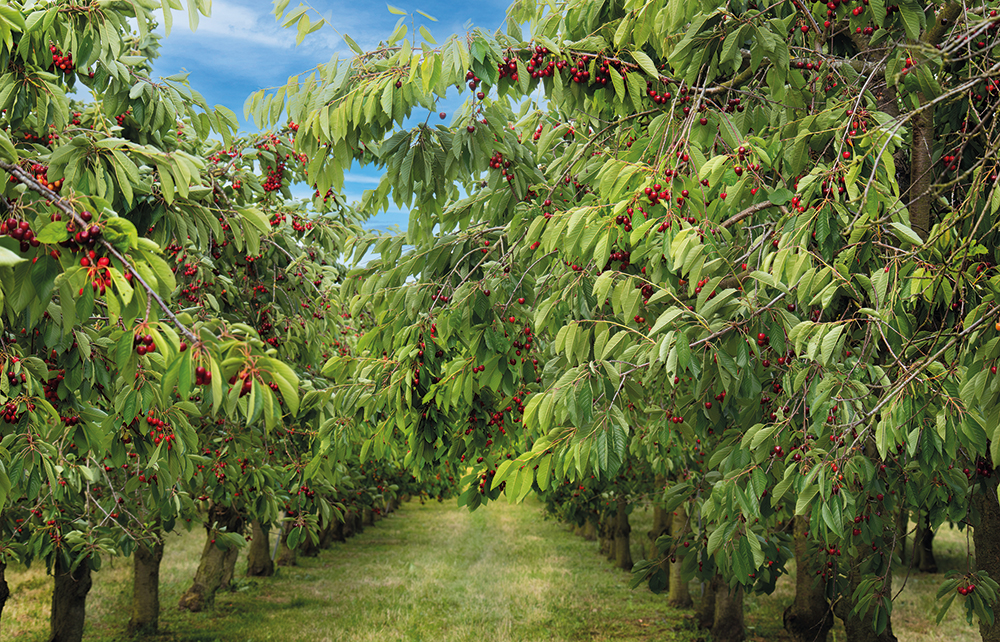Two plays guide the reader through Tom Lake, Ann Patchett’s ninth novel: Thornton Wilder’s Our Town, the story of ordinary lives in a small New Hampshire community in the early years of the 20th century, which, with its radically stripped-back staging, sets time and place in the context of all time and place, and enjoins its audience to ponder what is truly valuable in human life; and Anton Chekhov’s The Cherry Orchard, the story of the battle for an estate that throbs with conflict, violence and, ultimately, destruction. Patchett’s mind is on the twin forces of preservation and entropy: our desperate attempts to cling to the local and the familiar as the wider world threatens and besieges us; our need to both depart and return, to embrace and exclude.
Between bouts of furious harvesting, Lara recounts her life as a Hollywood starlet and her thunderclap romance
Our Town, which premiered in 1938, its themes foreshadowing the immense losses about to engulf multiple societies, initially struggled to establish itself as the classic it would become. The Cherry Orchard was met in similarly equivocal fashion, with Chekhov dispirited by its first production in 1904, in which the director, Konstantin Stanislavski, dialled up the play’s mournful seriousness and intimations of societal and ideological turbulence, and all but dispensed with the farcical elements. Tom Lake, set during the pre-vaccination pandemic but recalling a summer production of Our Town in 1988, is preoccupied throughout with its characters’ troubles in discerning whether they are living through a tragedy or a comedy, and of their part in proceedings whichever is the case.
Its contemporary story takes place in an actual cherry orchard, in Michigan, belonging to a former actress, Lara Kenison, (she has dropped the ‘u’ in her given name after reading Doctor Zhivago and in pursuit of something a little more exotic) and her husband Joe, who are joined for the duration of lockdown by their daughters, Emily, Maisie and Nell, all in their twenties.







Comments
Join the debate for just £1 a month
Be part of the conversation with other Spectator readers by getting your first three months for £3.
UNLOCK ACCESS Just £1 a monthAlready a subscriber? Log in